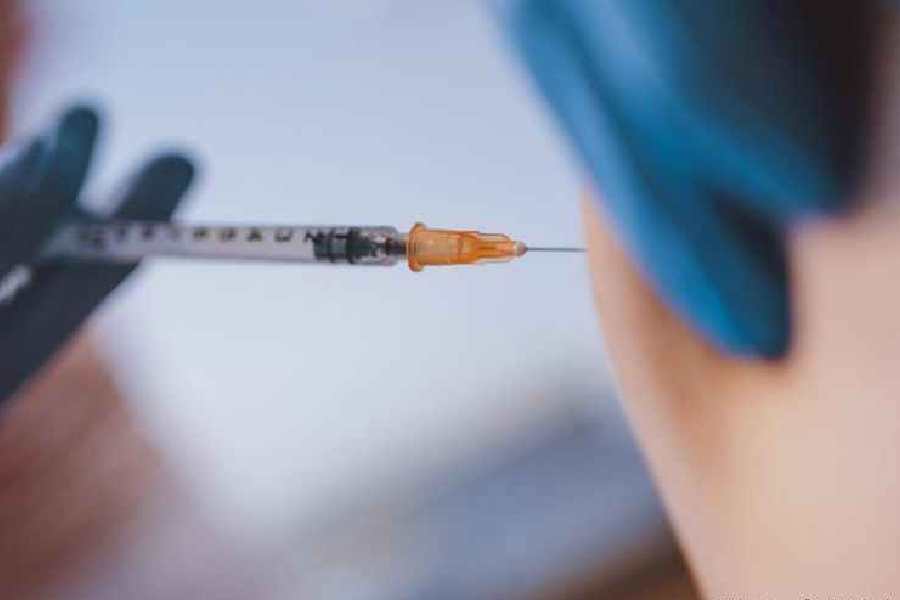India's population, which is many times more than several nations, has not been taken into account while comparing children's vaccination data with 19 other countries in the latest WHO and UNICEF estimates of national immunisation coverage (WUENIC), official sources have said.
They asserted that India is steadfast in its commitment to reduce the number of zero-dose children.
"Even though India has the second highest (number of) zero-dose children in the world, it accounts for 0.11 per cent of the country's total population," Union health ministry sources said on Tuesday.
The sources were reacting to the WUENIC data released on Monday which stated that India had the second highest number of children, nearly 16 lakh, who did not receive any vaccine in 2023, just after Nigeria with 21 lakh zero-dose children.
"The comparison is flawed as the base population has not been taken into consideration," a source said.
The WUENIC data showed that India's rank improved from 2021 when the country had recorded the highest number of zero-dose children globally at 27.3 lakh.
The sources said India's antigen-wise coverage is better than that of the world average for all antigens for 2023.
They said India's DPT 1 (Diphtheria-Tetanus-Pertussis Vaccine) -- proxy for zero-dose -- is 93 per cent whereas the global average is 89 per cent.
"Thus, India is 4 per cent better than the world," the source said.
India's DPT3 -- proxy for under-vaccinated -- is 91 per cent whereas the global average is 84 per cent. Thus, India is 7 per cent better than the world. Besides, India's MCV1 (Measles zero dose) is 92 per cent whereas the global average is 83 per cent.
"Thus, India is 10 per cent better than the world," the source said.
All efforts are being made to reach these zero-dose children. A special zero-dose plan has been made and it is under implementation, the health ministry sources stated.
In the WUENIC data, India is followed by Ethiopia, Congo, Sudan, Indonesia, Yemen, Afghanistan, Angola, Pakistan, Somalia, Vietnam, Madagascar, Mexico, South Africa, Mali, DPRK, China, Guinea and Myanmar.
These 20 countries were prioritised in the context of the Immunisation Agenda 2030 (IA2030), based on their number of zero-dose children in 2021.
China is 18th in the list of the top 20 zero-dose countries while Pakistan is at the 10th position.
Among the countries ranked by the number of zero-dose children, ROSA, 2021-2023, India was the first among eight countries with 1,592,000 zero-dose children.
The World Health Organisation on Tuesday called on countries in the Southeast Asia region to further strengthen efforts at all levels, with tailored approaches at sub-national levels, to identify and immunise unvaccinated and under-vaccinated children.
Except for the headline, this story has not been edited by The Telegraph Online staff and has been published from a syndicated feed.











